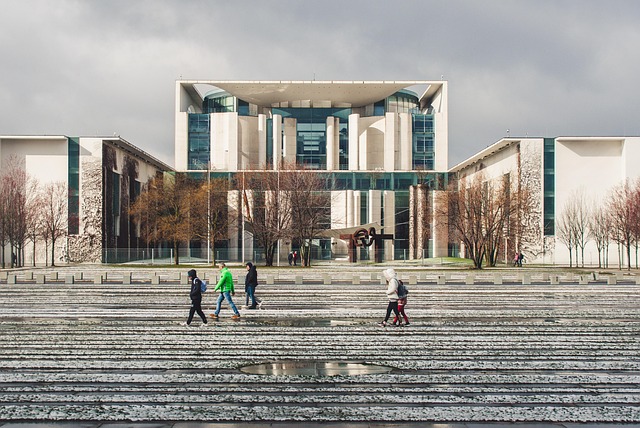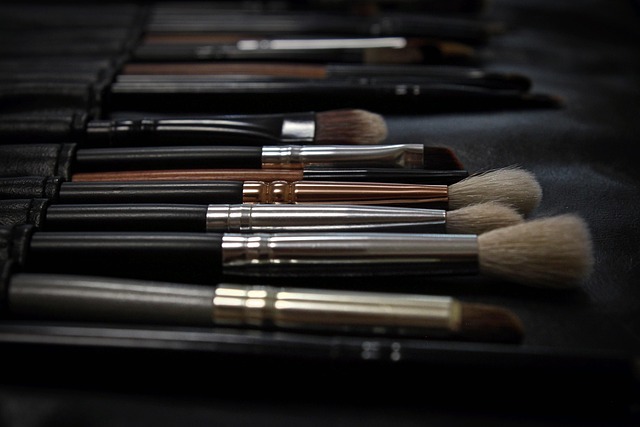The intersection of fashion and politics is a fascinating space where personal expression meets societal commentary. Throughout history, garments have served not only as a means of protection from the elements but as powerful symbols of identity, resistance, and change. In today’s world, the way we dress can be a statement about our beliefs, our affiliations, and our aspirations.
Fashion has the unique ability to reflect the zeitgeist of a political era. For example, the suffragette movement of the early 20th century utilized fashion as a form of protest. Women donned white dresses with purple and green sashes, using their attire to convey commitment to the cause of voting rights. This potent symbolism illustrates how clothing choices can evoke solidarity and challenge societal norms.
In the contemporary context, designers like Prabal Gurung and Marine Serre are leading the charge by embedding political messages into their collections. These trailblazers utilize their platforms to address pressing issues such as climate change, inclusivity, and social justice. By integrating activism into their designs, they elevate fashion to a form of political discourse. Their collections don’t just aim to adorn but also to inform, sparking dialogue about humanitarian concerns and the role of fashion in advocating change.
Moreover, the rise of digital media has amplified the influence of fashion on politics. Social media platforms allow individuals to showcase not just their styles but the stories behind them. Influencers and activists alike have harnessed these platforms to align their fashion choices with political movements—think of the viral impact of the “Me Too” outfit or the “Black Lives Matter” merchandise. In this way, personal style becomes a collective expression of shared values and a visible commitment to change.
As consumers, we are wielding our purchasing power with more awareness than ever. People are leaning towards brands that align with their values, promoting ethical practices and sustainability. This shift is indicative of a broader understanding that fashion is not just about looking good; it’s also about making informed choices that resonate with our personal politics. The clothes we choose to wear can support small businesses, advocate for fair labor practices, and contribute to eco-consciousness.
The line between fashion and politics continues to blur, inviting us all to participate in this dialogue. Whether it’s donning a statement tee that sparks a conversation or choosing sustainable fabrics that reflect our commitment to a better world, our clothing choices are potent tools for expressing our political sensibilities. Indeed, the fabric of our wardrobes can intertwine with the fabric of our beliefs, crafting a colorful tapestry of identity in a politically charged world.
As we navigate this ever-evolving intersection, it’s crucial to recognize the power that lies within our closets. After all, fashion is not just about aesthetics; it’s about the stories we want to tell and the changes we wish to see. As we make our sartorial choices, let’s continue to weave our politics into our personal style, creating a vivid narrative that speaks to both our individuality and our collective consciousness.




